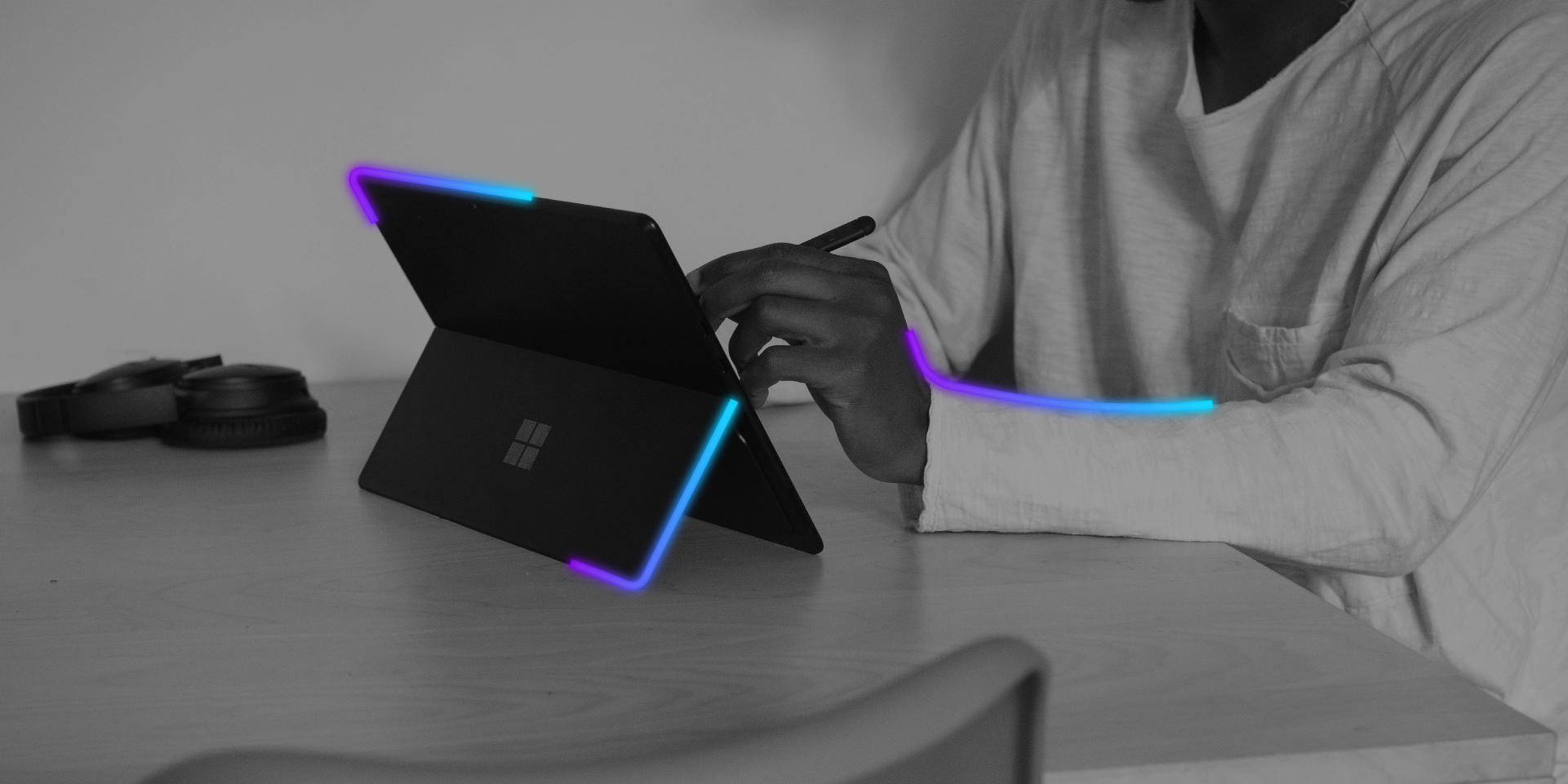In the fast-paced modern job market, the emergence of the 15-minute interview has become a notable trend among employers keen on streamlining their hiring processes. These brief yet impactful meetings challenge the traditional norms of hour-long conversations, pushing candidates to efficiently demonstrate their suitability for a position in a compressed timeframe. Understanding the nuances and strategic approach required for success in these short sessions is crucial for job seekers aiming to make a lasting impression on potential employers.
Navigating the job landscape of today requires adaptability and a keen understanding of employers' evolving preferences, with the 15-minute interview being a prime example of this shift. Designed to quickly gauge a candidate's fit and potential, these rapid-fire discussions place a premium on concise communication, compelling storytelling, and the ability to highlight one's strengths in a succinct manner. As the popularity of these abbreviated interviews grows, so does the importance for candidates to master the art of conveying their value in a compressed format.
The concept of condensing what used to be an hour-long dialogue into a brief 15-minute exchange can be daunting for many job seekers. However, this format is not just a test of a candidate's ability to communicate effectively under pressure; it's an opportunity to stand out among a sea of applicants through clear, focused, and strategic expression. Preparing for such an interview requires a mindset shift, a deep dive into the essentials of one's professional journey, and an understanding of how to efficiently connect one's experiences and skills with the needs of the employer.
The Purpose of a 15-Minute Interview
A 15-minute interview is typically used by employers as a screening tool to quickly assess whether a candidate meets their basic requirements. It allows the employer to get a general sense of your qualifications, skills, and experience before deciding if you should advance to the next stage of the hiring process. While it may seem short, it is essential to make a positive impression during this brief encounter.
During a 15-minute interview, candidates are often evaluated on their communication skills, professionalism, and ability to concisely articulate their qualifications. Employers look for candidates who can effectively communicate their experiences and achievements in a clear and compelling manner within a limited time frame. It is crucial for candidates to prepare concise yet impactful responses to common interview questions, highlighting their relevant skills and experiences that align with the job requirements.
Additionally, a 15-minute interview provides candidates with an opportunity to demonstrate their enthusiasm and interest in the position. Employers pay attention to candidates' level of engagement and passion for the role during this short interaction. It is important for candidates to express their genuine interest in the opportunity and company, showcasing their motivation to contribute and succeed in the role. By conveying enthusiasm and a positive attitude, candidates can leave a lasting impression on the interviewer and increase their chances of moving forward in the selection process.
Common Questions Asked in a 15-Minute Interview
During a short interview, the questions asked are usually focused on specific aspects of your background, skills, and personality. Common questions include:
- "Tell me about yourself."
- "Why are you interested in this position?"
- "What relevant experience do you have?"
- "How do you handle challenges or difficult situations?"
- "What are your strengths and weaknesses?"
While these questions may seem simple, it is important to prepare thoughtful and concise answers that highlight your qualifications and demonstrate your fit for the role.
Moreover, in a brief interview setting, it's crucial to showcase not only your skills and experience but also your enthusiasm for the role and the company. Employers often look for candidates who not only meet the job requirements but also display a genuine interest in the organization's values and goals. Therefore, when answering questions such as "Why are you interested in this position?" or "Tell me about yourself," consider incorporating specific examples of how your values align with those of the company.
Additionally, when discussing your strengths and weaknesses, it's beneficial to provide examples that illustrate how you have leveraged your strengths to achieve success in previous roles. Similarly, when addressing weaknesses, focus on areas where you have actively worked to improve and grow. This demonstrates to the interviewer that you are self-aware and committed to personal and professional development.
Tips for Preparing for a Short Interview
Preparing for a 15-minute interview requires focus and efficiency. Use the following tips to make the most of your preparation time:
- Research the company and the role extensively.
- Prepare concise answers to common interview questions.
- Identify your key selling points and accomplishments.
- Practice your answers to ensure clarity and brevity.
- Anticipate potential follow-up questions and prepare your responses.
By preparing thoroughly, you will appear confident and well-prepared during the interview.
Furthermore, it is essential to pay attention to your body language during a short interview. Non-verbal cues can play a significant role in how you are perceived by the interviewer. Maintain good posture, make eye contact, and offer a firm handshake to convey professionalism and confidence.
In addition to researching the company and role, consider familiarizing yourself with the industry trends and challenges. Demonstrating knowledge of the broader context in which the company operates can showcase your understanding of the business landscape and your proactive approach to staying informed.
Making a Strong First Impression in a Quick Interview
In a short interview, the first impression is crucial. Here are some tips to help you make a strong initial impact:
- Dress professionally and appropriately for the position.
- Arrive a few minutes early to show punctuality.
- Welcome the interviewer with a firm handshake and a smile.
- Maintain strong eye contact throughout the interview.
- Express enthusiasm and eagerness for the opportunity.
- Listen actively and respond thoughtfully to each question.
By presenting yourself as professional and engaged, you will leave a lasting positive impression.
Furthermore, it is essential to conduct thorough research about the company and the role you are applying for. Understanding the company's values, mission, and recent projects can demonstrate your genuine interest in becoming a part of their team. Additionally, preparing insightful questions to ask the interviewer can showcase your enthusiasm and proactive approach towards the position.
Moreover, non-verbal cues play a significant role in shaping the interviewer's perception of you. Pay attention to your body language by sitting upright, nodding in agreement to show attentiveness, and avoiding fidgeting or slouching. These subtle gestures can convey confidence and professionalism, reinforcing the positive impression you aim to create during the brief interaction.
How to Showcase Your Skills and Experience Efficiently
In a short interview, time is limited, so it is important to showcase your skills and experience efficiently. Here are some strategies to effectively highlight your qualifications:
- Focus on your most relevant experience and accomplishments.
- Utilize concise and impactful language to express your skills.
- Provide specific examples that demonstrate your abilities.
- Highlight any unique qualifications or certifications.
By being selective and strategic in your communication, you will ensure that the interviewer recognizes your capabilities and potential value to their organization.
Furthermore, it is essential to tailor your examples and experiences to align with the specific job requirements. This customization demonstrates your attention to detail and shows that you have taken the time to understand the needs of the position you are applying for. By linking your skills directly to the job description, you can make a stronger case for why you are the ideal candidate.
Additionally, consider incorporating storytelling into your responses. Sharing anecdotes about how you successfully handled challenges or achieved significant results not only showcases your skills but also makes you a more memorable candidate. A well-crafted story can leave a lasting impression on the interviewer and differentiate you from other applicants.
Handling Time Constraints During the Interview
During a short interview, both you and the interviewer may feel the pressure of time constraints. It is crucial to strike a balance between providing detailed, thoughtful responses and respecting the limited time available. Here are some additional strategies to help you navigate this challenge:
- Practice active listening throughout the interview to ensure you fully understand each question before formulating your response. This will help you avoid the need to ask for clarifications, saving precious time.
- Consider preparing concise, structured examples in advance that showcase your skills and experiences. This preparation can help you deliver focused answers that directly address the interviewer's inquiries.
- Use the STAR method (Situation, Task, Action, Result) when responding to behavioral questions. This framework can help you provide comprehensive yet succinct answers that highlight your accomplishments effectively.
- Remember that quality is paramount over quantity when it comes to your responses. Avoid the temptation to fill every moment with speech and instead aim to provide impactful insights that leave a lasting impression.
By mastering the art of communicating effectively within time constraints, you not only demonstrate your adaptability and professionalism but also showcase your ability to think quickly and concisely under pressure.
Following Up After a Brief Interview
After your 15-minute interview, it is essential to follow up with a thank-you note or email. Express your appreciation for the opportunity and reiterate your interest in the position. Keep the message concise and professional. This simple act can leave a positive final impression and help you stand out from other candidates.
Additionally, in your follow-up message, you can also take the opportunity to mention a specific point from the interview that resonated with you or highlight a particular skill or experience that makes you a strong fit for the role. Personalizing your thank-you note shows attentiveness and reinforces your enthusiasm for the position.
Remember, the follow-up process is not just a formality but a chance to further demonstrate your professionalism and commitment. Taking the time to craft a thoughtful message can leave a lasting impact on the hiring manager and potentially sway their decision in your favor.
In conclusion, a 15-minute interview may be brief, but it serves a specific purpose in the hiring process. By understanding what to expect and adequately preparing, you can make a strong impression and showcase your qualifications effectively. Stay focused, stay concise, and make the most of your limited time. Good luck!



SHARE